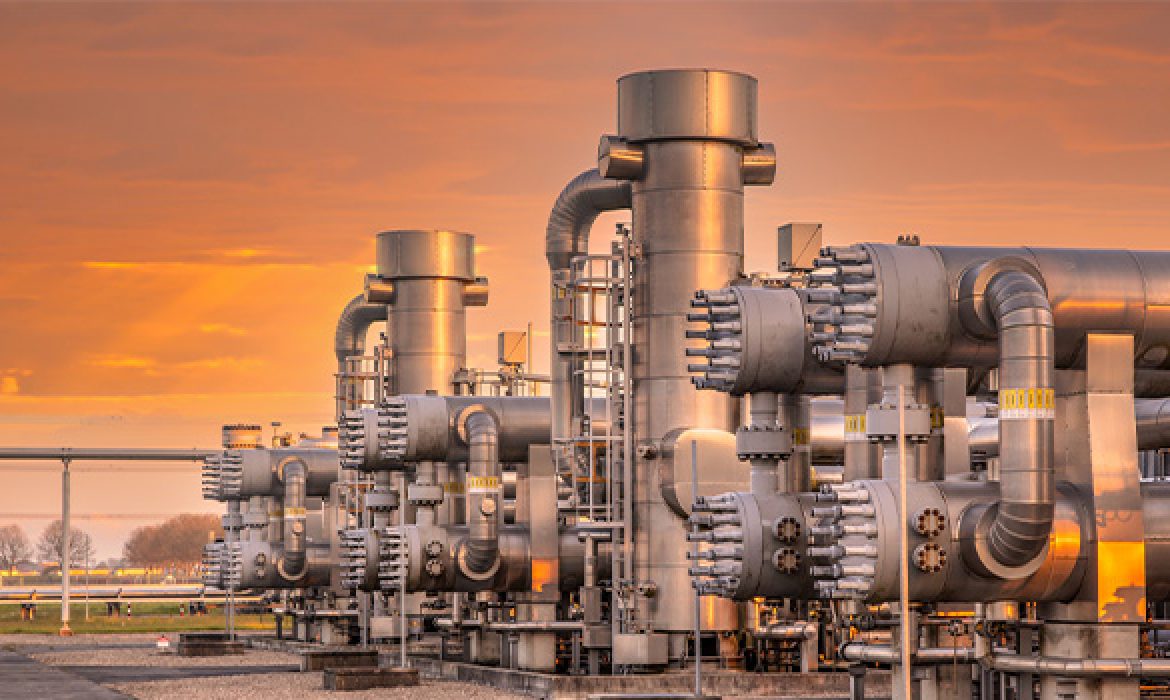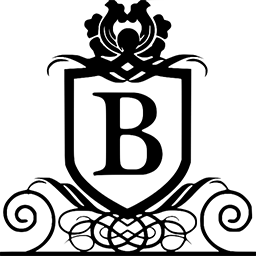
Date Issued – 30th July 2025
Key Points
- European Gas Prices Rise as Trump Threatens Sanctions on Russian Exports: Benchmark TTF gas prices climbed over 5% this week as Trump’s Russia ultimatum stoked fears of tighter global energy supply and LNG competition ahead of winter.
- German Economy Contracts in Q2 as U.S. Demand Recedes Post-Tariff Surge: Germany’s 0.1% GDP decline reflects the impact of fading U.S. import demand, highlighting the country’s vulnerability to external trade normalization.
- HSBC Profit Misses as China Exposure Weighs; $3B Buyback Announced: HSBC’s Q2 earnings fell 29% due to China-linked impairments, but a $3 billion buyback and restructuring momentum supported investor sentiment.
- Novo Nordisk Shares Extend Losses as CEO Shift and U.S. Competition Erode Confidence: Novo’s $70B valuation wipeout and outlook cut triggered further stock declines, as investors questioned leadership credibility and Wegovy’s competitive resilience in the U.S. market.
European Gas Prices Rise as Trump Threatens Sanctions on Russian Exports
European natural gas prices edged higher, with the TTF benchmark up 0.7% to €34.97/MWh, following President Trump’s 10-day ultimatum to Russia over its actions in Ukraine. The warning, which could lead to new sanctions on Russian oil exports, has intensified market concerns over global supply.
Analysts highlight the risk of heightened competition for LNG cargoes as Asian demand strengthens, potentially squeezing European inventories ahead of winter. Prices are up over 5% this week, reflecting geopolitical risk premiums and growing urgency among EU nations to accelerate gas stockpiling amid volatile global energy dynamics.
German Economy Contracts in Q2 as U.S. Demand Recedes Post-Tariff Surge
Germany’s economy shrank 0.1% in Q2, reversing gains from the previous quarter and aligning with analyst expectations. The contraction reflects a cooling in U.S. demand for German exports, which had previously surged as American buyers front-loaded orders ahead of anticipated tariff hikes.
The data signals the start of a demand normalization phase, underscoring the vulnerability of Europe’s largest economy to external trade shifts and slowing global momentum.
HSBC Profit Misses as China Exposure Weighs; $3B Buyback Announced
HSBC reported a 29% drop in Q2 net profit to $4.58 billion, missing consensus estimates due to $2.1 billion in impairment and dilution charges tied to its stake in China’s Bank of Communications. Despite solid net interest and fee income, pretax profit also fell 29% to $6.33 billion.
CEO Georges Elhedery, steering a strategic overhaul, has merged key banking units and scaled back deal advisory operations in the U.S. and Europe. The bank announced a $3 billion share buyback as part of its investor return strategy. Shares are up 33% YTD on restructuring optimism and easing trade tensions.
Novo Nordisk Shares Extend Losses as CEO Shift and U.S. Competition Erode Confidence
Novo Nordisk shares dropped another 3% Wednesday, extending Tuesday’s 23% plunge that erased $70 billion in market value following a profit warning and the appointment of new CEO Maziar Doustdar. Investors reacted sharply to the company’s lowered 2025 sales outlook, driven by intensifying U.S. competition from compounded Wegovy alternatives.
Analysts flagged a credibility gap as management downplayed the threat. Barclays downgraded the stock to “equal-weight,” while JPMorgan trimmed its target but maintained an “overweight” view. As Europe’s once most valuable company, Novo now faces mounting pressure to defend its obesity drug franchise and restore investor confidence.
Conclusion
Markets remain highly sensitive to geopolitical and structural shifts across energy, healthcare, and financial sectors.
European gas prices rose on renewed tensions with Russia, underscoring the fragility of global supply chains. Germany’s economic contraction illustrates the ripple effects of fading post-tariff demand, particularly in export-reliant economies.
In financials, HSBC’s results reflect the balance between restructuring gains and China-related risks, while Novo Nordisk’s steep sell-off highlights investor unease amid leadership changes and rising U.S. competition.
With volatility elevated and confidence uneven, investors are recalibrating exposure based on earnings visibility, geopolitical clarity, and sector-specific execution risk.
Investment Insights
- Energy Exposure Needs Reassessment: Rising European gas prices amid renewed geopolitical risk may favor LNG producers and diversified energy firms, while increasing pressure on European industrial margins.
- Export Sensitivity Remains a Macro Risk: Germany’s Q2 contraction reinforces the fragility of export-driven economies during trade normalization—investors should watch for similar pressure in other manufacturing-heavy markets.
- Financials Require Granular Scrutiny: HSBC’s profit miss and Novo Nordisk’s steep decline show that headline figures are insufficient; underlying impairments, leadership credibility, and regional exposures are key differentiators in current equity performance.
- Volatility Can Unlock Opportunity: Barclays-style trading gains show that well-positioned firms can benefit from policy and geopolitical turbulence—active positioning remains critical in sectors with asymmetric risk profiles.
Upcoming Key Dates to Watch
| Date | Event | Forecast / Importance |
|---|---|---|
| Jul 30, 2025 | U.S. Q2 GDP (QoQ annualized advance) | Estimated +2.5%—broadest output gauge, key for growth outlook |
| Aug 1, 2025 | U.S. Nonfarm Payrolls (July) | Forecast ~108 K—critical for Fed’s rate expectations and labor trends |
| Jul 31, 2025 | June Core PCE Price Index | Fed’s preferred inflation metric; guides policy direction |
| Aug 4, 2025 | U.S. Factory Orders (June MoM) | Forecast +8.2%—signals capital spending and industrial momentum |
Disclaimer: This newsletter provides financial insights for informational purposes only. It does not constitute financial advice or recommendations for investment decisions.




